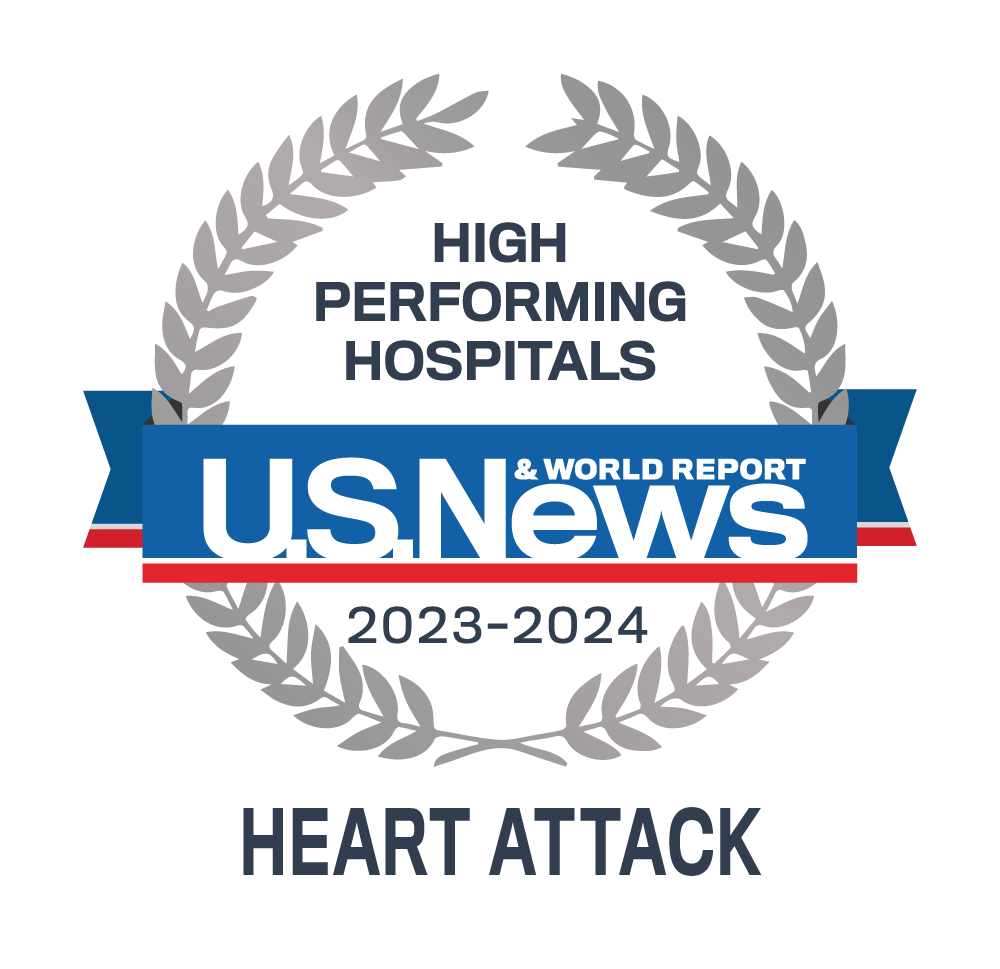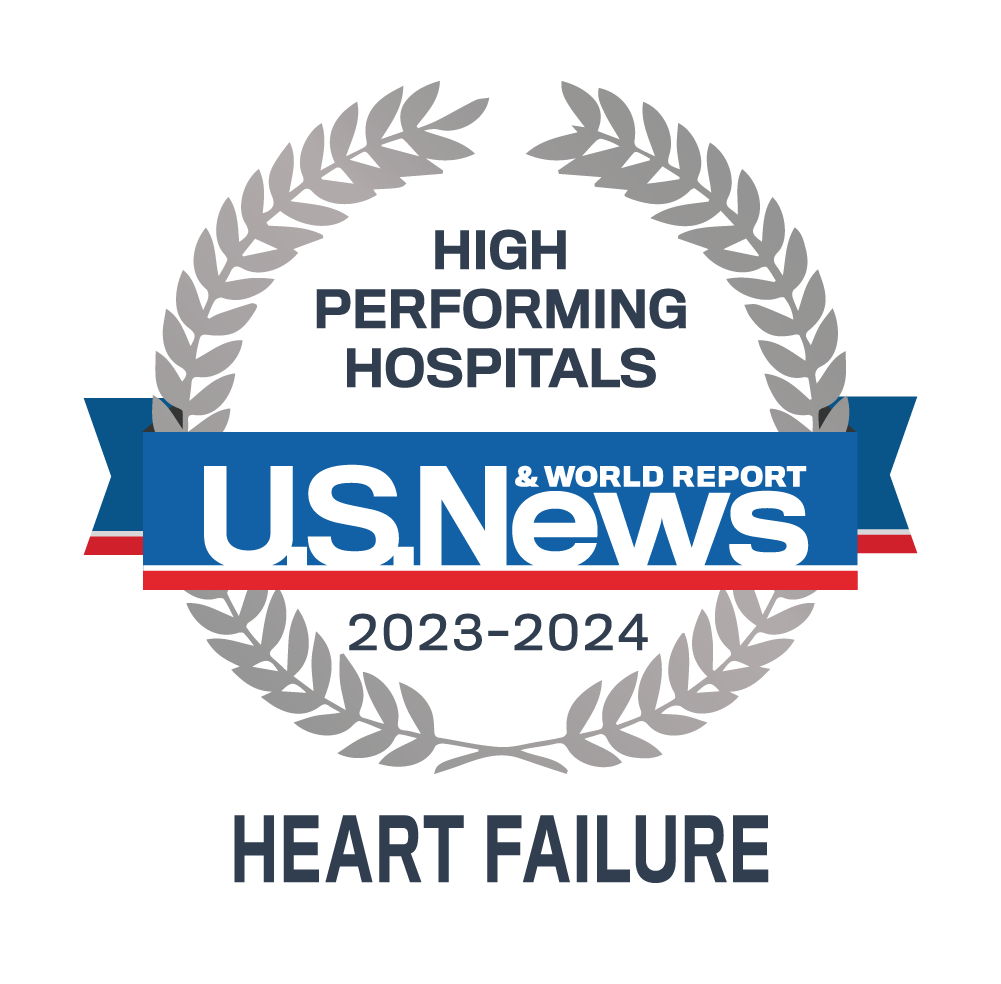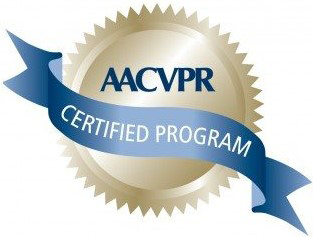Cardiac/Pulmonary Rehabilitation
The cardiac/pulmonary rehabilitation program at Frye Regional Medical Center is designed to support your individual journey to a healthier heart. If you're worried about your risk for heart disease, or you are recovering from a heart event, our staff is ready to support you. We offer a welcoming, supportive environment and an individualized approach to nutrition and exercise tailored to your lifestyle.
Treatment can begin in the hospital following a heart event, or after discharge. Talk to your provider about joining our cardiac/pulmonary rehabilitation program. Most insurance plans partially or fully cover the cost of this service.
You may qualify for cardiac rehabilitation if you have experienced any of the following:
- A heart attack (also known as a "myocardial infarction") in the past 12 months
- Coronary Bypass Surgery
- Valve replacement or repair
- Angioplasty or "stent" placement
- Heart transplant
- Stable chest pain (also known as stable angina)
- Congestive heart failure
Cardiac/pulmonary rehabilitation services include:
- Fitness program to strengthen heart health
- Nutrition counseling
- Psychological counseling
- Weight management
- Stress management
- Smoking cessation
- Diabetes education
- Support groups
Quality Heart Care, Close to Home
The Cardiac/Pulmonary Rehabilitation Program at Frye Regional Medical Center is for patients who have been diagnosed with heart disease or experienced a heart attack, angioplasty/stent, open heart surgery or stable chronic heart failure.
Pulmonary patients who have been diagnosed with chronic obstructive pulmonary disease, interstitial lung disease, asthma, chronic bronchitis and COVID-19 will also benefit from the rehabilitation program.
The main goal of cardiac/pulmonary rehabilitation is to assist you in developing a personal healthy lifestyle plan, which includes physical activity, education, stress management, nutrition and smoking cessation.
Cardiac/Pulmonary Rehabilitation Team
A wide array of compassionate professionals makes up our cardiac/pulmonary rehabilitation team, including physicians, registered nurses, exercise physiologists and a registered dietitian.
Outpatient Cardiac/Pulmonary Rehabilitation Exercise Program
The outpatient program follows a recent cardiac event or pulmonary diagnosis. Your cardiologist, surgeon, pulmonologist or primary care physician may refer you the program. This program offers EKG-monitored classes for cardiac patients and oxygen saturation monitored classes for pulmonary patients. It meets 2/3 times a week for approximately 36 sessions.
The medically supervised exercise classes combine exercise training and education to reduce cardiac risk factors and increase pulmonary function and are tailored to your needs. You will learn about heart healthy nutrition, medications, weight control, smoking cessation, stress management and other topics related to heart and lung disease.
After completing 36 classes, we provide a wellness program to promote long-term lifestyle changes, motivation and continued regular exercise.
For information regarding referral, insurance coverage or questions, call 828.315.3563.
Benefits of Cardiac/Pulmonary Rehabilitation
- Strengthening and conditioning of your heart/lungs
- Controlling your weight and lowering your total cholesterol levels
- Understanding your medications and signs of heart issues that may require medical attention
- Increasing self-confidence and managing stress more effectively
- Reducing your cardiac symptoms and potential for future episodes
- Earlier return to work and daily activities
- Reduce dyspnea through exercise
- Decrease exacerbations of disease
- Increase quality of life
- Proper breathing techniques for decreasing anxiety
Accreditations & Awards


American Association of Cardiovascular and Pulmonary Rehabilitation Certified Program
 Frye Regional Medical Center received Cardiovascular and Pulmonary Rehabilitation Program certification from the American Association of Cardiovascular and Pulmonary Rehabilitation. Our program is recognized as a leader in the field of cardiovascular and pulmonary rehabilitation because they offer the most advanced practices available. We are dedicated to helping people with cardiovascular and pulmonary problems recover faster and improve their quality of life. Both programs include exercise, education, counseling, and support for patients and their families.
Frye Regional Medical Center received Cardiovascular and Pulmonary Rehabilitation Program certification from the American Association of Cardiovascular and Pulmonary Rehabilitation. Our program is recognized as a leader in the field of cardiovascular and pulmonary rehabilitation because they offer the most advanced practices available. We are dedicated to helping people with cardiovascular and pulmonary problems recover faster and improve their quality of life. Both programs include exercise, education, counseling, and support for patients and their families.
